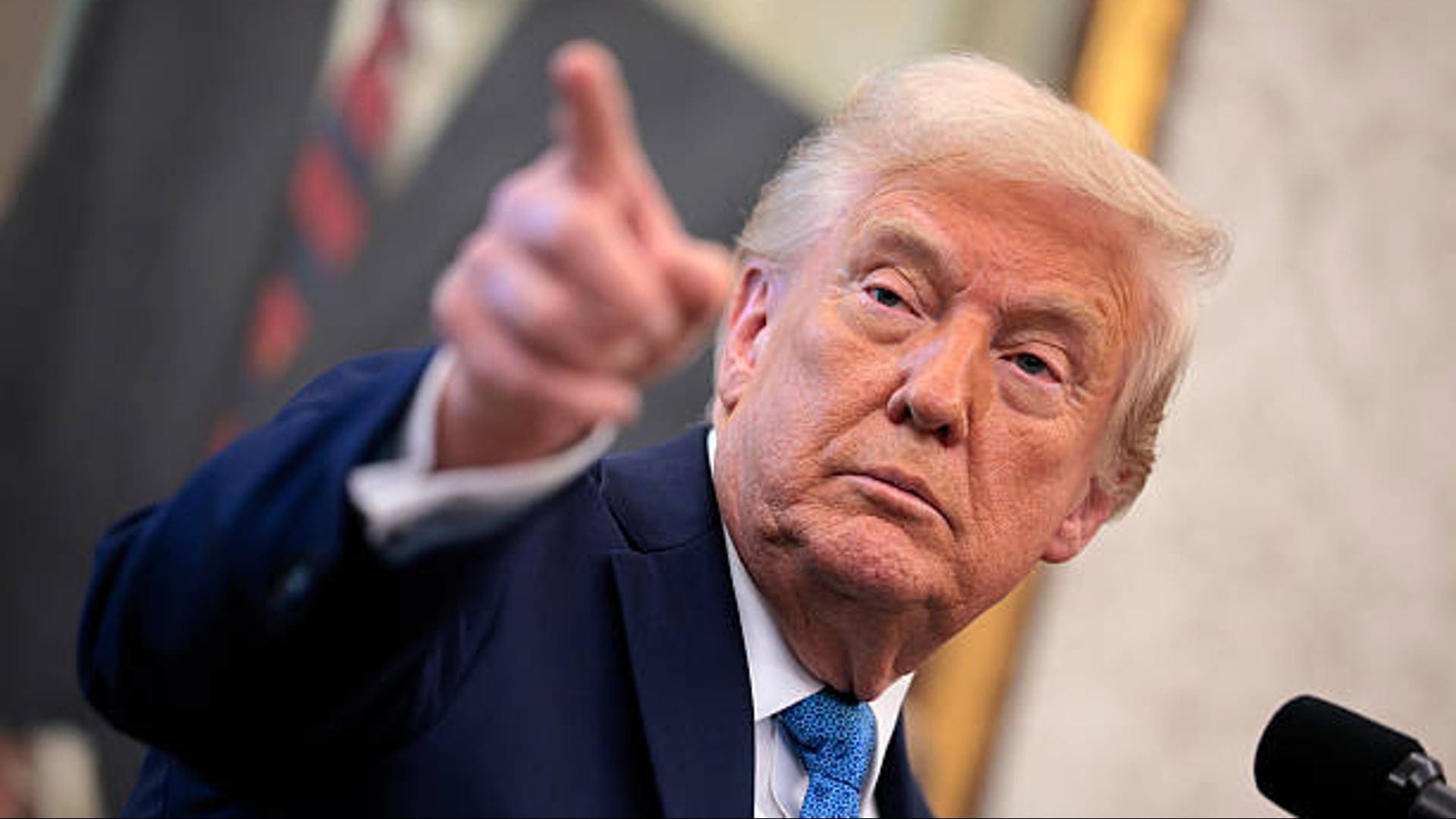US stocks end narrowly mixed as investors await busy earnings week and key economic data

U.S. stocks closed narrowly mixed, with investors treading carefully as one of the busiest earnings weeks unfolds and the tariff outlook remains uncertain.
More than a third of S&P 500 companies representing more than 40% of the broad market index's market value will report quarterly earnings this week. Four of the so-called Magnificent Seven, which are among the largest and most influential companies in the U.S. stock market, are among them. They are Amazon, Apple, Facebook parent Meta and Microsoft. Some investors are hopeful after Google-parent Alphabet topped analysts' forecasts last week but will scrutinize company outlooks with tariffs ahead.
Google warned last week that the Trump administration’s plan to close a loophole that previously waived tariffs on shipments coming into the country valued at less than $800 could act as a headwind for the company.
“It’s fair to say that these Mag-7 earnings will go a long way to dictating the tone of the week,” Jim Reid, Deutsche Bank's global head of macro and thematic research, wrote in a note.
Other heavyweights, including Coca-Cola, Visa, Pfizer, Starbucks, Chevron, McDonald’s, Eli Lilly and General Motors, are also slated to report.
Even if companies' quarterly reports beat Street forecasts, investors will be looking at guidance and comments that might offer hints as to how corporations and consumers are reacting to tariff uncertainty. Apple, especially, will get a hard look because of its heavy reliance on China.
Last week, American Airlines, Southwest, and Alaska Air all pulled earnings guidance and United offered two versions -- one for a good economy, one for a bad one.
"This is a sign that flight bookings show consumers are not only talking down the economy like they did in 2022 and 2023, they’re acting on their bad vibes, too," said Bill Adams, chief economist at Comerica Bank. "I’m not aware of a public statistical indicator of airline flight bookings. But if there was one it would likely be one of the best cyclical indicators of U.S. consumer spending."
The blue-chip Dow inched up 0.28%, or 114.09 points, to 40,227.59; the S&P 500 edged up 0.06%, or 3.52 points, to 5,528.73 to score a fifth straight day of gains; and tech-laden Nasdaq fell 0.1%, or 16.81 points, to 17,366.13. The benchmark 10-year yield slipped to 4.212%.
Meanwhile, Singapore is negotiating with the U.S., seeking concessions on pharmaceutical exports to the U.S., acknowledging that a 10% baseline tariff will not be eased, the Singapore Times reported.
U.S. Treasury Secretary Scott Bessent said in an interview on Sunday the U.S. was making progress on trade proposals, hinting a deal with India would be “one of the first” to come.
China has exempted some U.S. imports that the country would struggle to immediately source elsewhere from its retaliatory tariffs, people familiar with the matter said, according to the Wall Street Journal over the weekend. Exempted products include certain semiconductors and chipmaking equipment, medical products and aviation parts, they reportedly said.
Key economic data are also due this week. Investors will get a read on economic growth and inflation when the gross domestic (GDP) is released on Wednesday before the market opens. The week will be capped off by the April jobs report. Economists, on average, expect 130,000 new jobs were added, according to the Wall Street Journal.
Corporate news
Some stocks with corporate news so far on Monday include:
- Nvidia shares shed 2.05% after the Wall Street Journal said China's Huawei Technologies was preparing to test its artificial-intelligence processor, which it hopes would replace some of Nvidia's products.
- Spirit AeroSystems shares rose 2.6% after Airbus agreed to take over some of the company's plants.
- Domino’s Pizza reported weaker-than-expected quarterly results. The pizza chain's stock rose fractionally.
- IBM said it will invest $150 billion in the U.S. over the next five years. About $30 billion will go towards American manufacturing of its mainframe and quantum computers. Shares of big blue gained more than 1.5%.
Cryptocurrency
Athletic wear company Nike is being sued for suddenly closing its non-fungible token (NFT) business in December, according to Reuters.
In a proposed class action filed in Brooklyn, New York federal court, purchasers said the sudden closure of Nike's RTFKT caused demand for their NFTs to dry up, causing them significant losses.
Purchasers said they would never have bought the NFTs at the prices they did, or at all, had they known the tokens were unregistered securities, and that Nike would "cause the rug to be pulled out from under them," Reuters reported.
Separately, Bitcoin continues to rise, piercing the $95,000 level over the weekend. The digital unit is getting a boost from buying from professional money managers, said Linh Tran, Market Analyst at broker XS.com.
“U.S.-listed spot Bitcoin ETFs have recorded six consecutive sessions of net inflows, with substantial size,” Tran said. “This is a clear indication of a cautious yet steady return of long-term investors following the capital outflows seen in the first quarter.”
Bitcoin was last up 1.17% at $94,873.01.
This story was updated with new information.
Medora Lee is a money, markets, and personal finance reporter at Paste BN. You can reach her at mjlee@usatoday.com and subscribe to our free Daily Money newsletter for personal finance tips and business news every Monday through Friday morning.